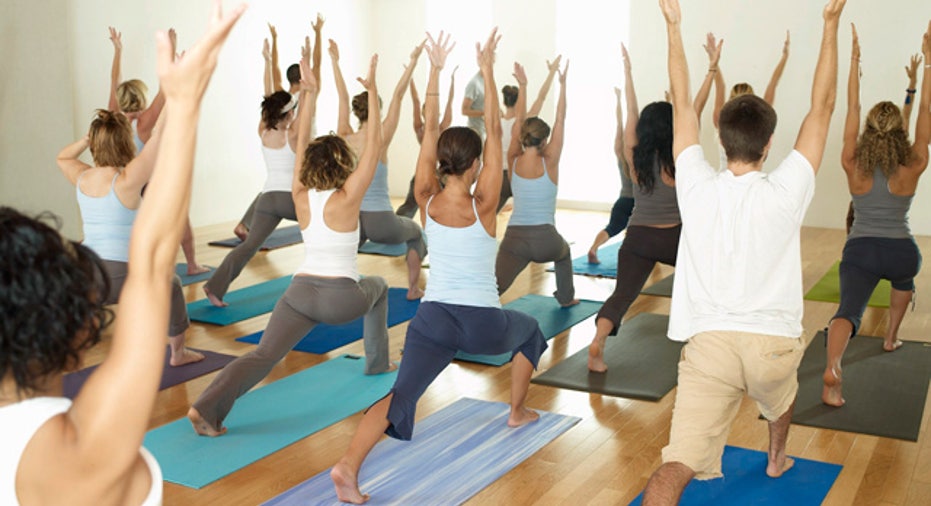For Older Adults, Fitness is Freedom, Experts Say

As 70 million-plus baby boomers roll relentlessly into their retirement years, experts say for those 65 and over staying active and fit can spell the difference between independence and frailty.
"It's all about moving." said Neal Pire, an exercise physiologist and spokesperson for the American College of Sports Medicine. "The phrase 'use it or lose it' works here."
There is no physiological reason we lose significant muscle mass, strength and mobility as we age, Pire said, other than that we tend to move less.
The good news is it's never too late to set that body in motion.
"Eighty- and ninety-year olds have demonstrated the ability to gain lean body mass, as well as to improve strength and balance by exercising," he explained. "The trick is to start at a place that makes sense and progress slowly."
By focusing on function, balance and mobility, Pire said popular activities like yoga, Tai Chi and Pilates can enhance the aging body's ability to perform the tasks of daily living.
"There is plenty for seniors to pick from in your average health club," he said.
The Silver Sneakers Fitness Program brings yoga, Pilates, aquatic and cardio circuit classes to older Americans at 10,000 locations in 50 states.
"We have done a lot to educate," said Stephanie Wong, spokesperson for Silver Sneakers. "Particularly among 70- and 80-year olds who have not been members of a gym, it's a whole new ball game."
Brain booster exercises are also on the menu for the Silver Sneaker participant, whose average age is 72.
"The longer you can be independent, the more successfully you're going to age," Wong said. "If you prevent falling you avoid being transitioned into a senior center. Physical activity promotes brain health. Recent studies support that."
Wong said the fitness industry in general still is not meeting the needs of the aging.
"There's such a focus on managing the soaring costs of health care. For a long time we've been talking about a preventive approach. Physical activity is at the foundation."
Dr. Walter Thompson, professor of kinesiology at Georgia State University, wants older people to get active any way they can.
"My dad, who turned 80, still plays golf four times a week," he said. "Older people who have joint issues or osteoporosis would do very well with water exercises, which are non-weight-bearing."
Thompson said retirement communities with "wide sidewalks, championship golf courses and bocce courts dotted all over the place" have gotten the message that they need to keep their residents healthy.
"What scares me with older folks is their lack of balance," he said.
For a good dose of it, he suggests walking a straight line of 10 to 15 yards (meters) twice a day.Older people can gain muscle mass, improve cardio vascular health, and certainly lose weight well into their 80s and 90s just by increasing the activities of daily living, Thompson said.



















